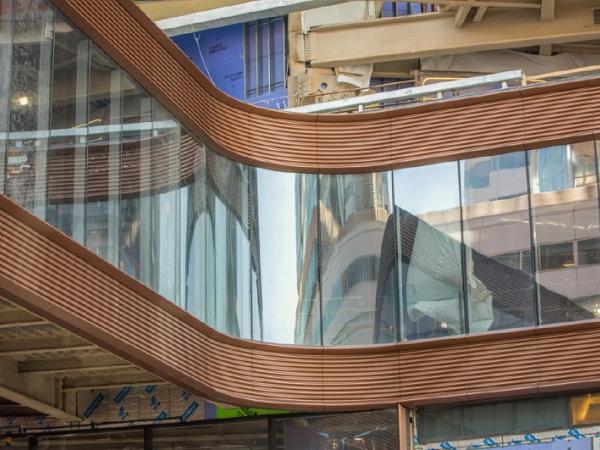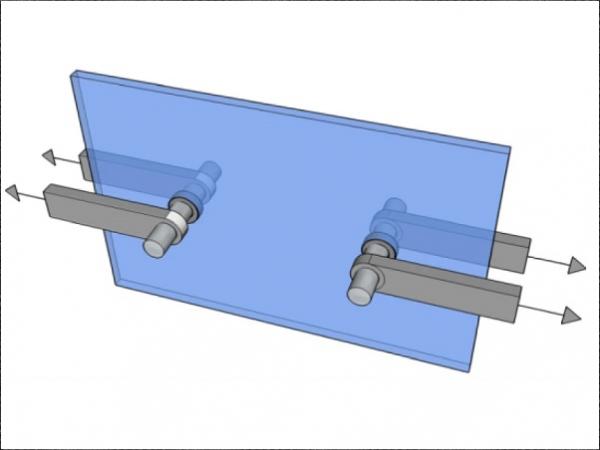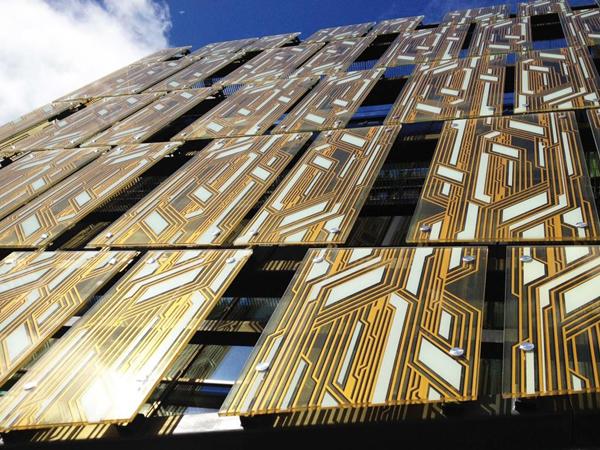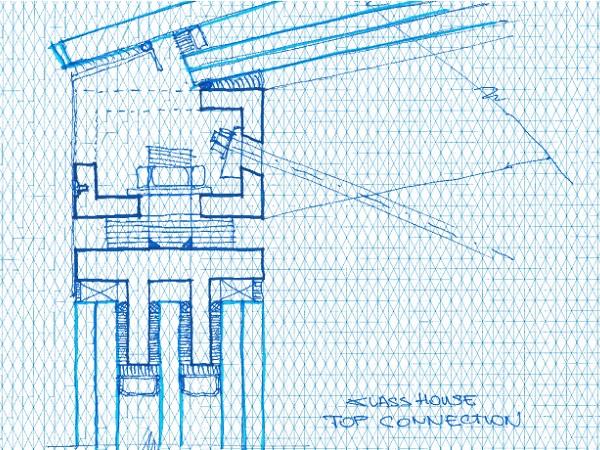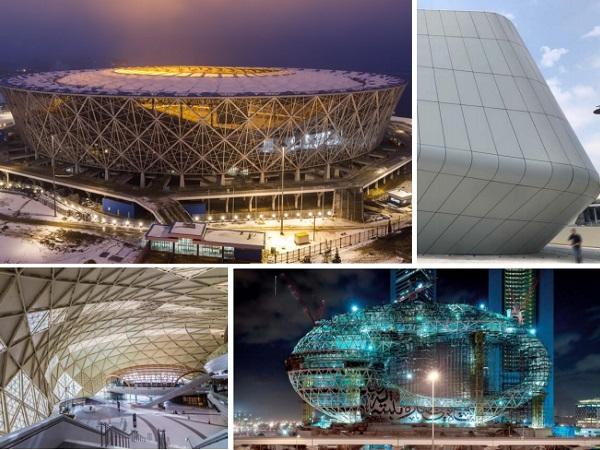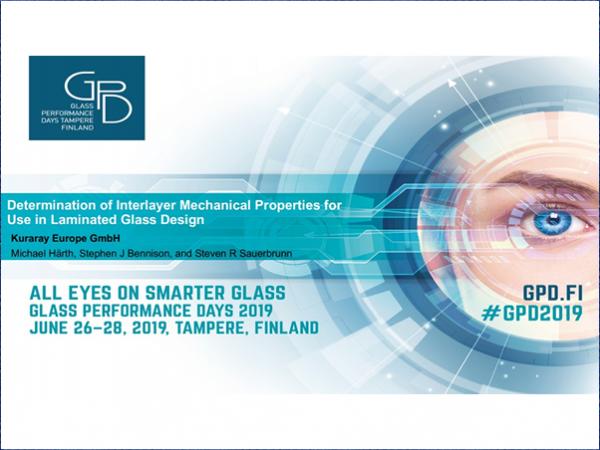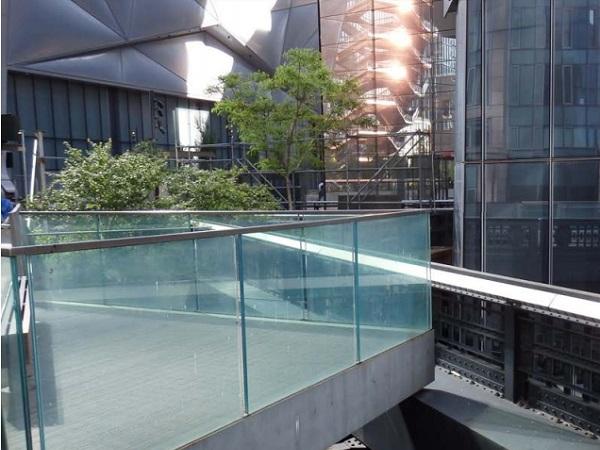Others also read
| Shells made of structural glass are beautiful objects from both the aesthetics and the engineering point of view.
| An Exploration on Novel Techniques for Generating Complex and Customized Geometries
| The structural glass for this globe structure is created with laminated double curved glass panels patch supported by a steel structure.
| Renzo Piano Building Workshop designed a 290,000 sf museum celebrating the artistry and technology of film, becoming the world’s first museum and event space devoted to the Motion Picture.
| The post-breakage behavior of glass beams is not easy to predict, therefore Octatube performed a range of tests on different glass fins varying the test setup.
| The paper presents an overview of the work completed within the on-going research project “Structural safety of glass components” carried out at the Silesian University of Technology, Lund University and RISE Research Institutes of Sweden.
| Thin glass offers a promising prospect for lightweight façades with reduced use of raw materials, also opening up entirely new perspectives for architectural expression.
| This paper focusses on the special glass part of the façade.
| From domed skylights to curved handrails, revolving door enclosures to building enclosures, the dramatic curves of bent glass offer architectural form and function.
| The development of structural details in glass connections is the main topic of this research.
| That’s an excellent question! It really is true that SentryGlass is more difficult to laminate in many aspects than standard PVB. But if we first think of what SentryGlass has been designed for, it is to give structural strength to the laminate.
| Traditional uses of glass have been reinvented by two architectural firms, who artfully use glass and interlayers to achieve very different design goals.
| A comprehensive numerical investigation was carried out to understand the mechanical behavior of cold-bent insulating glass units during the bending process. The aim is to derive a basic understanding of the mechanical behavior of an IGU during the cold bending process.
| In this paper we will look at the potential of what is now a commonly used component in facade design - a load-bearing glass wall panel.
| The “One Single Model” approach rises as the best tool to manage complex buildings through the different engineering branches.
| We have seen rapid expansion in the last decade of laminated glass design using modern analytical and computational methods.
| Cantilevered laminated glass balustrades supported by bearing in continuous base shoes are among the most ordinary applications of structural glass.
| This case study describes the façade performance of the 2nd tallest building in China, the Ping An International Finance Center (Ping An IFC), located in the city of Shenzhen.
| In this paper the mechanical and application properties of Sikaflex®-268, a high performance polyurethane adhesive are presented and compared to Sikasil® SG-500, a typical silicone adhesive used for structural glazing applications in facades.
| The structural sealant glazing (SSG) system was adopted in numerous skyscrapers glass facades since the mid 1980’s in Japan.
| Silicone sealants have been applied for more than 40 years to structurally bond glass onto steel or aluminium frames. One of the reasons is the unique resistance to weathering in normal assembly situations.
| Thin glass is the product of choice for electronic device displays. This glass is commonly expensive aluminosilicate glass whose properties are significantly enhanced when subjected to chemical tempering.
| Increasing demands on security in an uncertain world have to be considered additionally by the building industry. Nowadays, largesized glazing in the building envelope cannot disregard safety requirements.
| In this paper, an advanced calculation method developed by Sika is presented to design SSG joints exposed to any kind of stress (tensile, shear and bending).
| Minimalist windows explore the potential of structural glass to provide large sliding glass doors with extremely thin doorframes.









